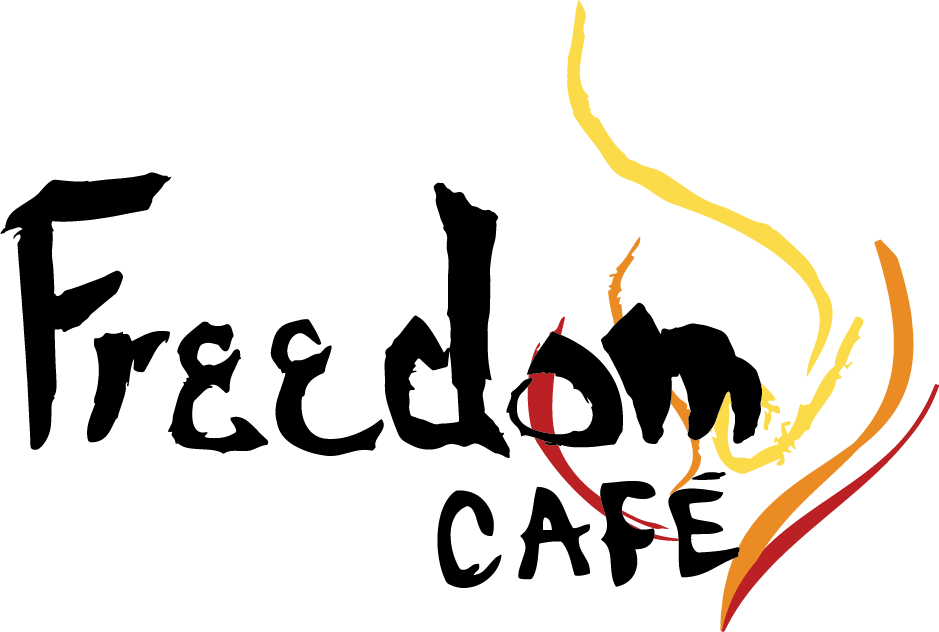Conscious Consumer Tool kit
Join Us on the Journey to Be a Conscious Consumer!
End Human Trafficking One Consciously Sourced Purchase At A Time! | Bryan Bessette | TEDxPortsmouth
By making the choice to buy one product over another, we are financially supporting not only that product itself, but also the means by which it is produced-- and often, that unfortunately means that our tacit support goes to producers that take advantage of unethical practices, including trafficked labor. The certification of products by credible, independent standards bodies such as Fair-Trade, UTZ Certified, and Rainforest Alliance makes it much easier for the average shopper to discern traffic-free goods, and we believe that this is one of the key steps towards eradicating trafficking. Making even a small effort towards being a savvy consumer is a powerful way to help support companies and manufacturers that engage in ethical production practices.
Across the globe, thousands of people are being economically exploited to produce the goods that drive the global economy. The Bureau of International Labor Affairs maintains a List of Goods Produced by Child Labor or Forced Labor, which as of 2021 includes 156 goods from 77 different countries. The abuse spans several industries, plaguing production lines of everything from gold to coffee to clothing, sugar and bricks. Deceptive and coercive recruitment ensnares unknowing victims; promises of fair wages and a better life veil the harsh reality of the situation they are entering. To recruit their victims, employers utilize tactics such as debt bondage, where workers borrow money to pay various fees associated with their recruitment, and are unable to work off those debts in a reasonable amount of time.
Child and forced labor is a widespread, global problem, but steps are being taken to end both practices. Governments are constantly drafting new laws to prohibit the use of child labor and the manufacturing of goods produced with forced labor. Law enforcement agencies are receiving funding to help combat unethical manufacturing. Victims of child and forced labor are given access to recovery services, education, and healthcare. Additionally, supply chains are being monitored more closely than ever before. Despite these advances towards ending economic exploitation, there is still work that needs to be done.
Across the globe, people are becoming aware of this multi-billion dollar crime and want to help, but are not sure how. While there are important ways that leaders and professionals from specific vocations can take action, EVERYONE, regardless of their age, vocation, or economic standing can make a difference as a conscious consumer!
We have power as consumers, individually and collectively, to foster strong and resilient communities around the globe, eradicate poverty, and foster a traffic-free world.
The first step you can take to end child and forced labor is to become aware of the situation and educate yourself about the issue. We encourage you to take a few minutes to analyze your slavery footprint at www.slaveryfootprint.org and learn how products you buy are touched by modern day slavery.
DOWNLOAD the Department of Labor's Sweat and Toil app, and discover which products and countries of origin are most implicated in unethical labor practices.
Then, TAKE ACTION by buying goods that come from sources you can be confident do not use child or forced labor. Support companies committed to paying a living wage and ensuring fair labor practices through your everyday purchases as a conscious consumer.
Changing buying habits can be overwhelming. Being intentional and gradually making changes one product at time is a reasonable and responsible way to grow as a conscious consumer. The Freedom Café Conscious Consumer Guide and rack-card series seeks to provide a quick overview of the situation for specific products with the greatest amount of known child and forced labor while introducing you to some of the companies leading the way in providing ethically sourced products!
ADDITIONAL RESOURCES:
Good On You - Good On You is a directory of fashion brands; you can discover the very best fashion from around the world and learn about ethical and sustainable fashion.
The Good On You website and smartphone app provides brand ratings to help consumers make conscious choices about what they purchase. “The Good On You brand rating system considers the most important social and environmental issues facing the fashion industry to assess a brand’s impact on people, the planet and animals.” Rankings are based on information available from company websites, credible third party reports and certification schemes (like Fair Trade, Global Organic Textile Standard, Cradle to Cradle and many more).
Baptist World Aid Fast Fashion Guide - This guide awards grades to companies based on a measure of the efforts undertaken by each company to mitigate the risks of forced labour, child labour and worker exploitation in their supply chains, as well as protect the environment from the harmful impacts of the fashion industry. Higher grades are given to companies with ethical sourcing systems that, if implemented well, should reduce the extent of worker exploitation and environmental harm.

